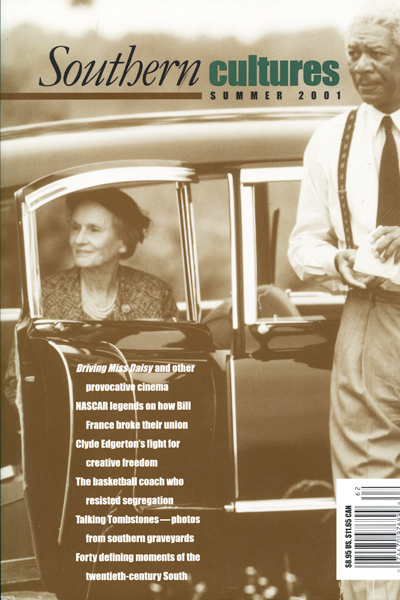“‘There were a lot of people who supported Clyde, but they just did not feel comfortable voicing any kind of support. There was this element of fear.'”
During the spring of 1985, a battle raged in Buies Creek, North Carolina, on the campus of Campbell University, an affiliate of the State Baptist Convention of North Carolina. The battle involved the administration of Campbell University and an untenured faculty member in the school of education. Clyde Edgerton had just published his first novel, Raney, which satirized the beliefs and folkways of a Southern Baptist family. Upon the appearance of such a novel by one of its faculty, Campbell’s administration became alarmed at the possible repercussions from its constituents and withheld Edgerton’s teaching contract for the following year. Edgerton met with the administration throughout that spring semester. Initially, he simply sought to repair damages to his own financial security; however, he soon found himself engaged in an effort to establish university safeguards against the kind of abridgment of academic freedom that he had encountered. Throughout this period, he kept careful and thorough notes of all meetings and correspondence between himself and the university. Beyond providing an example of the sort of frustrations a creative writer might experience teaching at a sectarian Christian school, this controversy illuminates a number of broader issues, including the degree to which a religious university may limit academic freedom in the pursuit of its special mission, the seemingly immitigable rift between religious and secular attitudes about education, and the question of who has authority over the meaning of a literary text.


